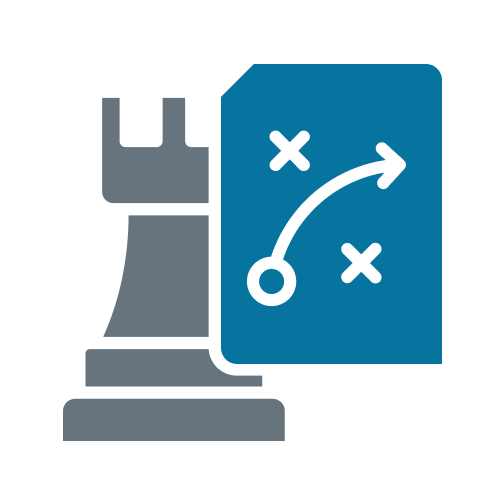Table of Contents
In today’s complex and fast-evolving business climate, organizations are increasingly investing in corporate coaching to elevate leadership, enhance team dynamics, and foster sustainable growth. Corporate coaching is a powerful process that supports executives, managers, and teams in realizing their full potential and aligning efforts with strategic objectives. Unlike traditional training, coaching is a personalized and reflective approach focused on behavior change, communication improvement, and unlocking talent development.
This blog delves into the importance of corporate coaching, its key benefits, applications, and best practices for implementation in modern organizations. Drawing on proven strategies and the latest trends, the guide highlights how businesses can leverage coaching to drive positive change at every level.
What Is Corporate Coaching?
Corporate coaching is a professional development process tailored for organizations seeking to accelerate leadership skills, enhance performance, and navigate change more effectively. It involves one-on-one or team-based coaching sessions focused on improving leadership skills, communication, decision-making, and overall work performance.
Unlike internal mentoring or generic training programs, corporate coaching emphasizes personalized action plans that address the unique needs of individuals and teams within the corporate world. Coaches often hold certifications and extensive experience working with C-suite executives, senior leaders, and emerging talent across various industries.
Through a blend of reflective learning, goal setting, and skill-building exercises, corporate coaching fosters continuous improvement and adaptability.
Why Corporate Coaching Matters Today

- Aligned Leadership Development
In any complex organization, leadership alignment ensures everyone is moving toward shared goals. Corporate coaching creates opportunities for senior leaders to refine their roles, embrace emotional intelligence, and model behaviors consistent with organizational values. This alignment cascades into improved employee engagement and retention.
- Enhances Team Building and Performance
Coaching helps teams break down siloed thinking and strengthens collaboration. By coaching team members and team leaders, organizations can improve trust, foster creativity, and resolve conflicts. These benefits directly impact productivity and innovation.
- Supports Change Management
Organizational transformations—whether technological, structural, or cultural—require effective change management. Coaches guide leaders and employees through transitions, providing tools to navigate resistance, maintain morale, and sustain momentum during evolving business landscapes.
- Promotes Work-Life Balance for Sustainable Growth
In fast-paced environments, fatigue and burnout threaten long-term success. Corporate coaching addresses work-life balance by helping leaders and teams develop boundaries, manage stress, and build resilience, contributing to healthier workplace cultures.
- Catalyzes Business Growth
By improving leadership and operational excellence, coaching supports sustainable business growth. It encourages a growth mindset, enhances decision-making capabilities, and cultivates agility—all critical for competing in global markets.
Key Components of Effective Corporate Coaching
Customized Action Plans
Every coaching engagement begins with assessing the client’s current state, challenges, and desired outcomes. Coaches collaboratively develop action plans tailored to individual or team needs, incorporating measurable objectives and timelines to track progress.
Focus on Communication and Collaboration
Improved communication skills are fundamental for driving cooperation and shared understanding. Business coaching hones active listening, feedback delivery, and conflict resolution to create open, transparent dialogue.
Behavioral Change and Accountability
Changing ingrained behaviors requires commitment and accountability. Business coaching fosters reflective learning, where clients explore new perspectives, practice new behaviors, and receive ongoing support in adopting them fully.
Integration of Best Practices and Industry Insights
Coaches bring a wealth of trusted advisory knowledge and best practices from cross-industry experiences, helping organizations stay current amid evolving market conditions and competitive pressures.
Who Benefits Most from Corporate Coaching?

- C-suite Executives and Senior Leaders looking to enhance strategic thinking, leadership presence, and team influence.
- Mid-level Managers developing coaching skills to support their teams’ performance and engagement.
- High-potential Employees preparing for future leadership roles through targeted skill development.
- Teams and Departments undergoing change or aiming to improve collaboration and innovation.
By tailoring coaching to these groups’ unique challenges, organizations create a ripple effect of improvement and alignment.
How to Implement Corporate Coaching Successfully
- Define Clear Goals and Metrics: Establish what success looks like to measure return on investment.
- Choose the Right Coaches: Select certified, experienced professionals who align with your company culture and goals.
- Integrate Coaching into Organizational Development: Combine coaching with leadership programs, training initiatives, and performance management.
- Promote Open Communication: Encourage transparency and collaboration across all levels to maximize coaching impact.
- Evaluate and Adjust: Continuously assess the coaching process and make adjustments as needed.
Measuring the Impact of Business Coaching
Effective business coaching delivers quantifiable benefits, including improved leadership competencies, higher employee engagement scores, reduced turnover, and enhanced productivity. Organizations often see better alignment between individual performance and corporate strategy, contributing to overall business success.
Recent studies show that companies investing in coaching experience a significant rise in revenue and work performance, underscoring coaching’s ROI.
Challenges and How to Overcome Them
- Resistance to Coaching: Sometimes leaders or employees may be skeptical or reluctant. Building awareness about coaching benefits and securing leadership buy-in helps overcome this.
- Resource Allocation: Coaching requires time and budget investment. Demonstrating the long-term value mitigates these concerns.
- Maintaining Momentum: Sustaining new behaviors post-coaching needs reinforcement through continued learning and support.
The Future of Business Coaching
As businesses embrace digital transformation and evolving workforce dynamics, business coaching adapts by incorporating virtual platforms, AI-driven analytics, and blended models combining group sessions and one-on-one coaching. The integration of technology facilitates unlimited access and scalability while preserving personalized engagement.
Forward-thinking organizations recognize business coaching as a strategic lever essential for building resilient leadership pipelines and future-proofing the enterprise.
Conclusion: Corporate Coaching
Corporate coaching is a transformative investment that unlocks leadership potential, improves team effectiveness, and drives meaningful organizational change. By focusing on customized development, behavior change, and strategic alignment, coaching empowers companies to compete agilely in complex environments.
As businesses strive for sustainable success, business coaching offers a proven path to fostering an empowered, high-performing workforce ready to meet the challenges and opportunities of tomorrow.
Schedule a discovery call with Champion PSI today. Let’s talk about your vision, your obstacles, and what’s next. Great leaders don’t go it alone—and neither should you










